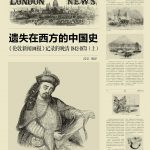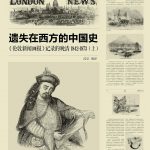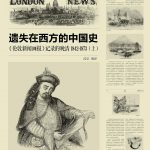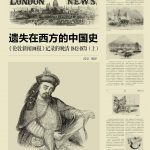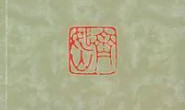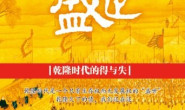
内容简介
1587, a Year of No Significance: The Ming Dynasty in Decline (Chinese: 萬曆十五年; pinyin: Wanli Shiwunian) is Chinese historian Ray Huang’s most famous work. First published by Yale University Press in 1981,[1] it examines how a number of seemingly insignificant events[which?] in 1587 might have caused the downfall of the Ming dynasty. The Chinese title, meaning “the fifteenth year of the Wanli era”, is how the year 1587 was expressed in the Chinese calendar: the era name of the reigning Chinese emperor at the time, followed by which year of his reign it was. Major figures discussed in the book besides the emperor are Grand Secretaries Zhang Juzheng and Shen Shixing, official Hai Rui, general Qi Jiguang and philosopher Li Zhi. Although Huang had completed the manuscript by 1976, no publisher would accept it at first, as it was not serious enough for an academic work, but was too serious for popular non-fiction. The work has been translated into a number of different languages: Chinese, Japanese, German and French.
Ray Huang (Chinese: 黃仁宇; 25 June 1918 – 8 January 2000) was a Chinese historian and philosopher. He was an officer in the Nationalist army and fought in the Burma campaigns. He earned a Ph.D in history from the University of Michigan, worked with Joseph Needham and is a contributor of Needham’s Science and Civilisation in China. Huang taught in the U.S., and is best known in hi…
(展开全部)
Ray Huang (Chinese: 黃仁宇; 25 June 1918 – 8 January 2000) was a Chinese historian and philosopher. He was an officer in the Nationalist army and fought in the Burma campaigns. He earned a Ph.D in history from the University of Michigan, worked with Joseph Needham and is a contributor of Needham’s Science and Civilisation in China. Huang taught in the U.S., and is best known in his later years for the idea of macro-history.
目录


